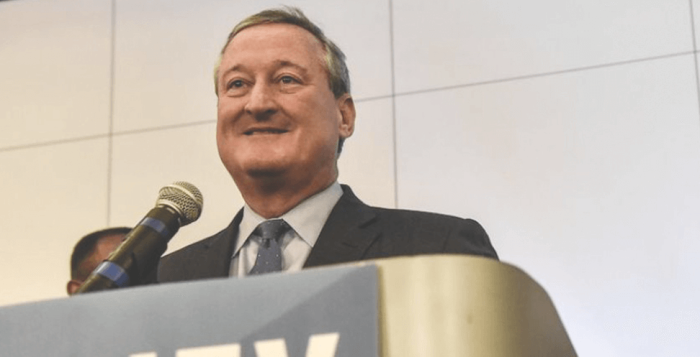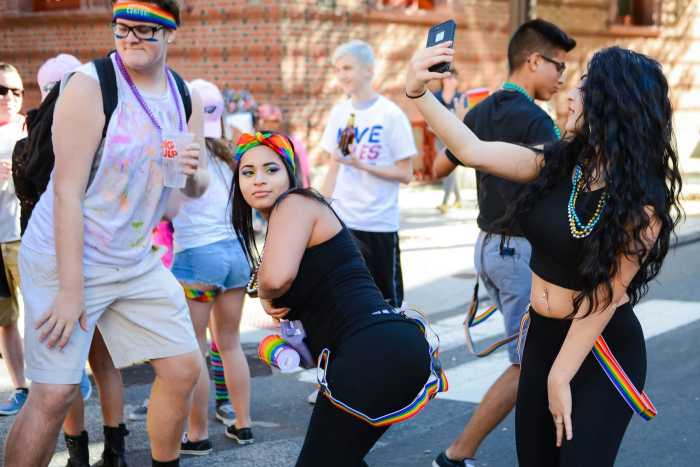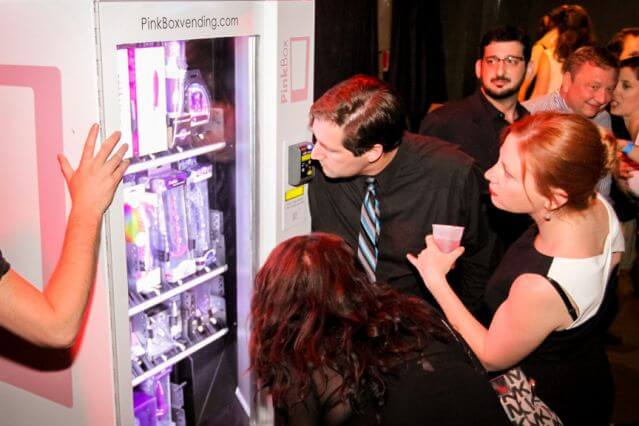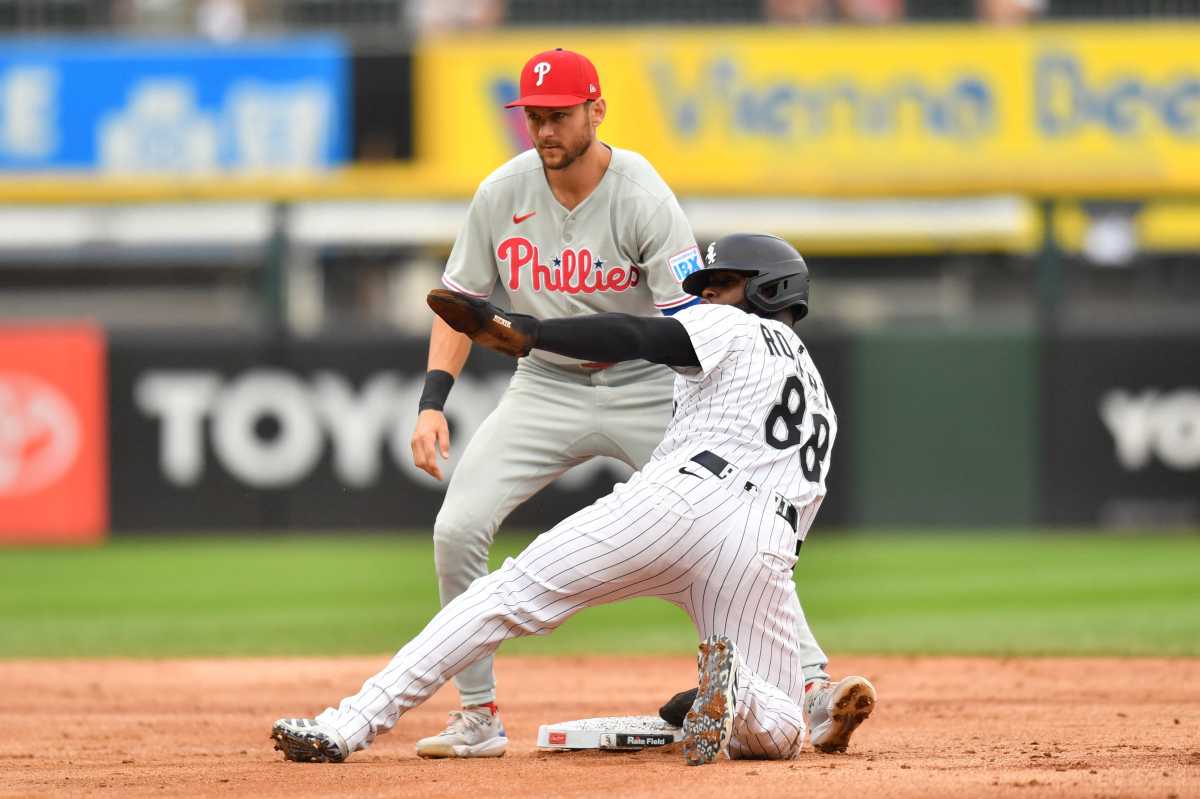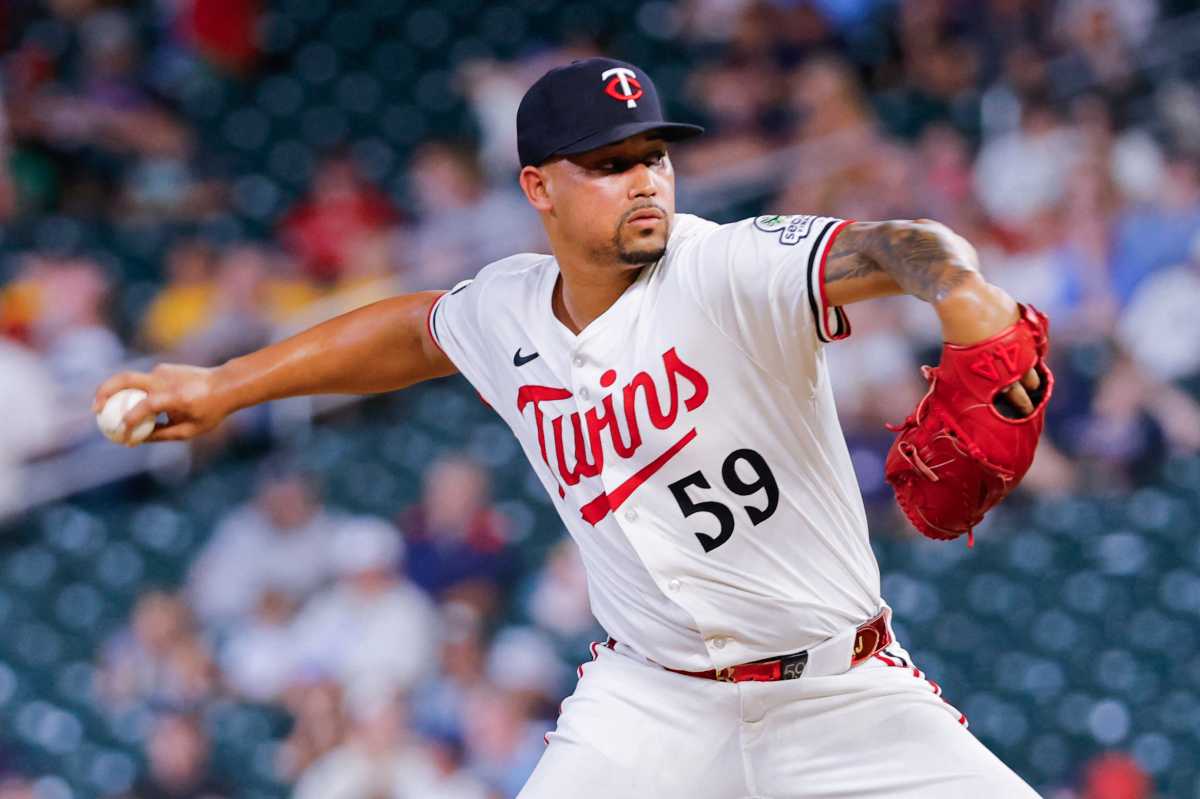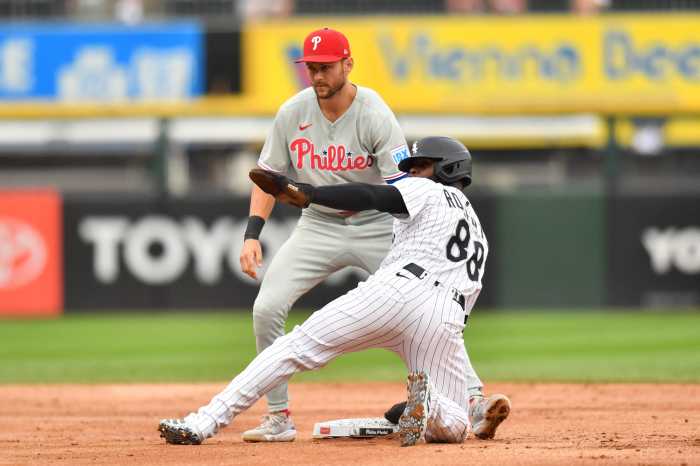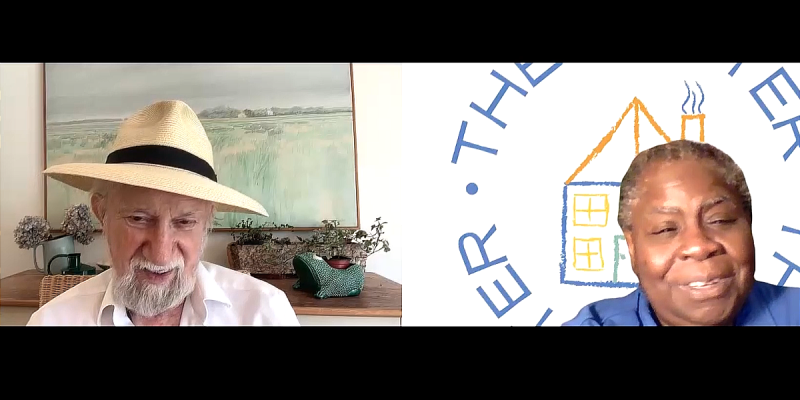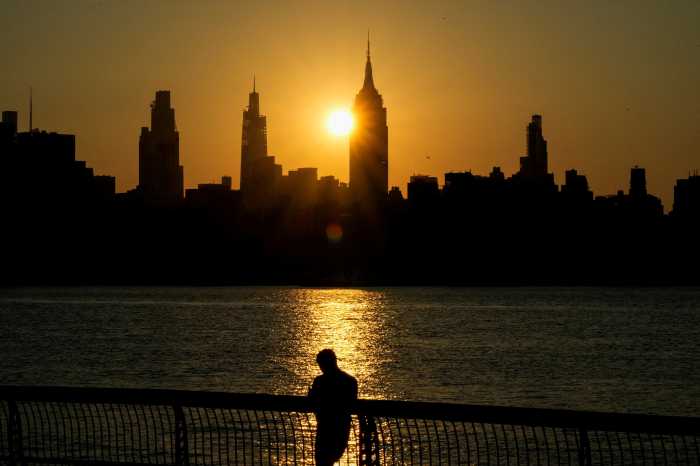When I’m not covering news, I run an afterschool multimedia program for public school students at West Philadelphia High. For some time, I wondered where my mentees’ poor eating habits came from – was it from their family or just mass media promoting junk food. As I walked up to 52nd Street Station, I noticed that there aren’t any big grocery stores that complement the healthy eating skills that are often taught during their class hours. Instead, there are mainly fast food joints, vending machines, and greasy food truck stops. This is what a food desert looks like. And while Mayor Kenney wants to tax sugary sodas as a way to regenerate funds in our city and pretend to care about the health benefits – he should actually reconsider. In 2015, The Reinvestment Fund (TRF), a locally based community development financial institution, reported a 56 percent drop between 2005 and 2013 in city residents who didn’t have access to healthy food options. However, factoring in the city’s growing poverty rate, the figures aren’t that impressive for many target demographics. The Ernest Opinion: Kenney is all talk, no walk on civilian protections from police misconduct Earlier this month, Kenney proposed a three-cents-per-ounce tax on sugary drinks with the hopes of bringing in an estimated $432 million over five years to pay for his improvements on universal pre-K, community schools, and upgrades to parks and recreation centers. This plan sounds impressive in theory – but in application, it’s tone-deaf. The projected value of the tax will definitely benefit those who are also going to be hit the hardest on paying for it. Sugary drinks run supreme in food deserts across Philly because they are often the only beverage next to water that is being sold. In other words, increasing a tax on sugary drinks on poor people who live in food deserts as a way to increase funding for their schools and parks is counterintuitive. This is another example of how politics try to put a band-aid on the symptoms without healing the actual wounds. If Kenney cares about improving the quality of health for lower income communities, he should actually invest in better quality food access for those devastated. You can’t punish poor people for living in the worst conditions in the city through taxes – and then expect them to rise above said circumstances as a result. That’s taxation without representation.
If he allowed the people to vote on the proposal right now, it would fail miserably. Increasing taxes on a product that holds various degrees of value to Philadelphians isn’t fair at all. If anything, place the tax on huge sports venues or high-end restaurants downtown. Recognize that for many in this city, soda isn’t treated as a luxury — but the only affordable option next to water. I’m calling on our Mayor to reevaluate this plan and actually take in consideration those who don’t have the privilege to buy five different brands of water or choose between seven kinds of freshly squeezed juices. My mentees and their families from West Philly High and beyond deserve better grocery stores with more nutritious food options– not increased taxes that will take away from their ability to thrive.
The Ernest Opinion: Kenney’s soda tax is tone-deaf to the poor living in food deserts
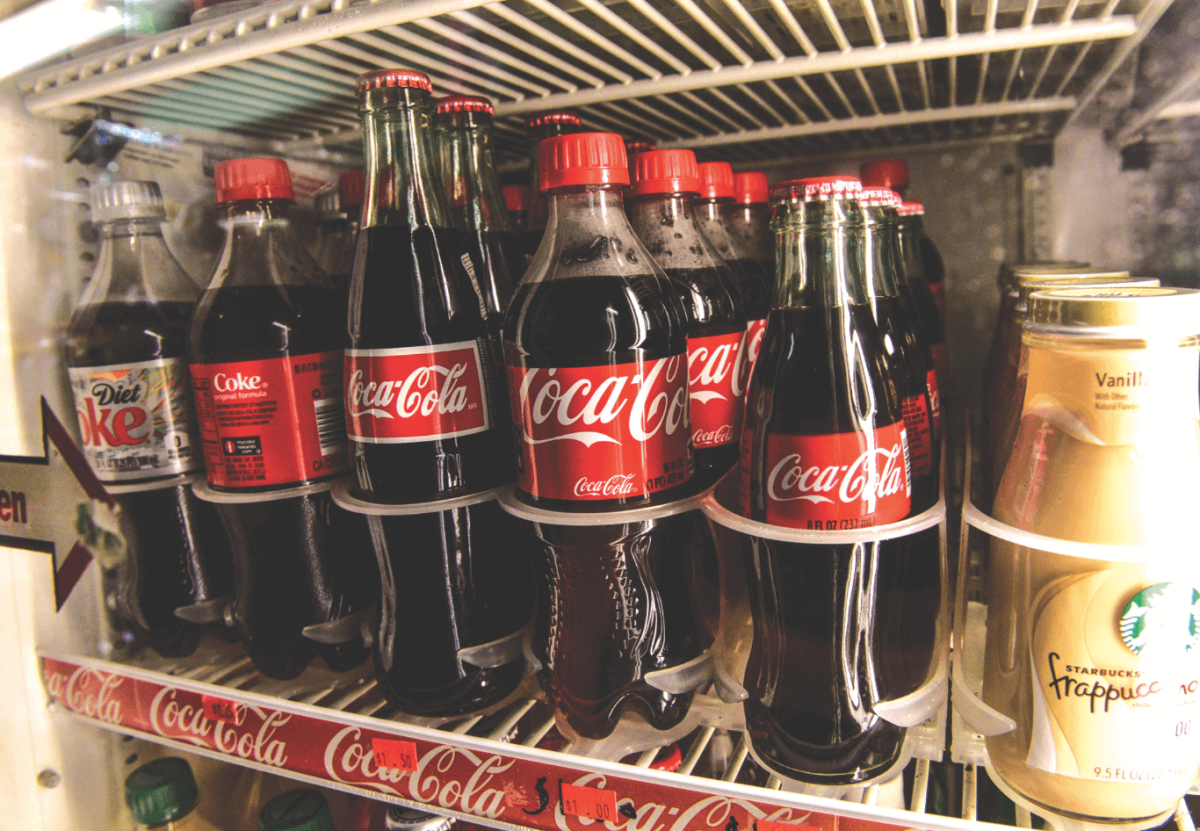
Charles Mostoller



